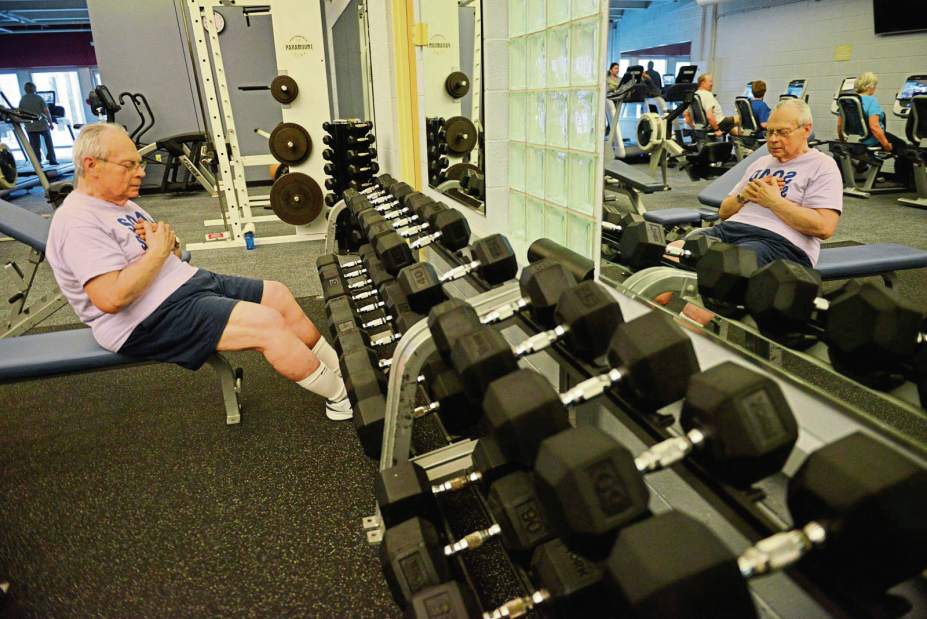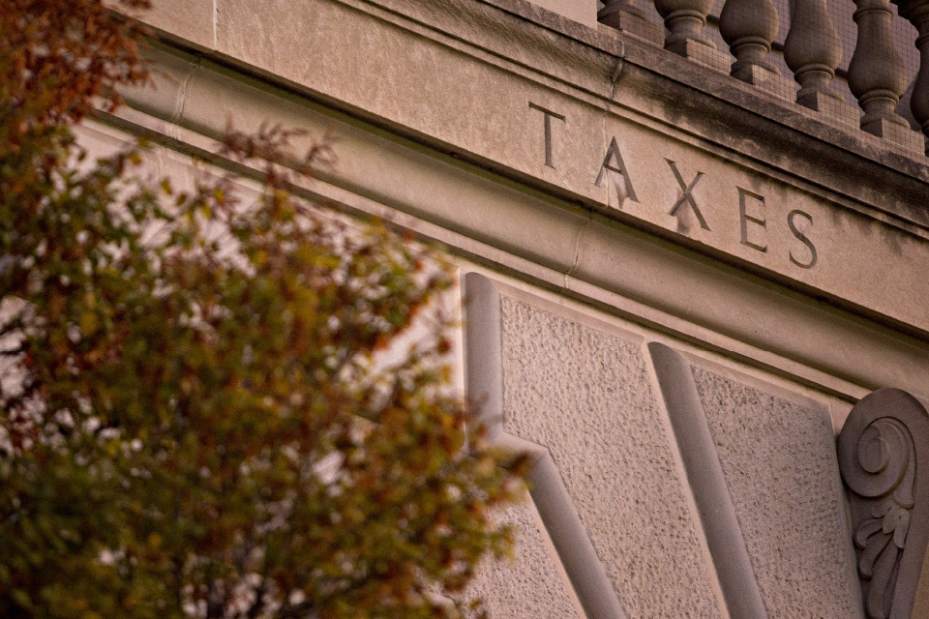In poker parlance, Westmoreland County attorney Larry Burns is dead money.
A jury deliberated just over two hours before finding Burns, 65, of Derry guilty of 12 misdemeanor counts of organizing and operating illegal gambling by holding Texas Hold 'Em tournaments in Adamsburg and Seward in 2007.
"I'm surprised. I thought we presented a good case," Burns said outside Judge Richard E. McCormick's courtroom minutes after the verdict was announced. He remains free on a recognizance bond.
McCormick ordered a presentence investigation and said sentencing will be scheduled within 75 days.
Burns said he plans to appeal the verdict.
Burns could face a maximum sentence of 2 1/2 to five years in prison, plus a $10,000 fine. But District Attorney John Peck said Burns likely will be eligible for probation because he has no criminal record.
Burns and his attorney, David Millstein, argued during a three-day trial that the poker tournaments did not violate state gambling laws because it is a game of skill and not determined by chance as laws define gambling. Two college professors — Dr. Robert Hannum, a statistician from the University of Denver, and Matthew Rousu, of Susquehanna University — testified on behalf of Burns that numerous studies of poker games show that skill determines the outcome.
Jurors and the district attorney disagreed.
"I think the commonwealth presented overwhelming evidence that poker is a game of gambling, and jurors determined there is an enormous amount of chance involved in playing," Peck said.
Peck credited state police Cpl. Robert Erdeley and Trooper Rebecca Fubich for their work collecting evidence and determining who actually was running the games during the five-month undercover investigation.
Burns was convicted of organizing games, soliciting customers and permitting gambling April 27, May 4 and Aug. 3 at the Seward fire hall and May 16 at Adamsburg Fire Hall in Hempfield when undercover troopers attended and played in tournaments.
"Here's a person (Burns) who blatantly and openly advertised the gambling games with signs posted along the roads and on the Internet. You heard firemen tell you during the trial that they would go to the fire hall sometimes at 4 and 5 in the morning and these games would still be going on," Peck told jurors during his closing statement.
Peck told jurors they should not believe Burns' testimony Wednesday that he personally investigated Pennsylvania case laws, studied the statutes and determined that staging the poker games was not illegal.
"Larry Burns was apparently the first person in the state to figure out it's legal. Don't you think that if it was legal, wouldn't Texas Hold 'Em Poker halls be rising up in cities all throughout Pennsylvania?" Peck asked.
"Apparently no one else in the state is as smart as Mr. Burns. Surely an ordinary person would have questioned whether it was legal," Peck said.
Peck said there was "overwhelming" evidence against Burns and his argument that poker is a game of skill. Peck told jurors that the national gaming industry — through the Poker Players Alliance — was very interested in the local case and had paid a $3,000-a-day fee, plus expenses, for Hannum to testify for Burns.
In his closing argument, Millstein said Burns was charged only because of antiquated state laws and urged jurors to acquit him.
"He engaged in these activities not knowing it was gambling. We're relying on a law that's 100 years old ... the laws have not kept up with the knowledge and technology available to us today," Millstein said.
"There is not one study ever done (on poker) that has shown the game is predominated by chance," he said.
Two others — James E. Miller, 35, of New Stanton and James L. Hricko, 43, of Hempfield — charged with similar misdemeanor offenses are scheduled for trial later this summer. Hricko was identified during the trial as Burns' partner.
Millstein admitted that the state Supreme Court Attorney Disciplinary Review Board may review Burns' conviction and could sanction the veteran attorney.
"However, that's a completely separate determination from this proceeding," he said.







